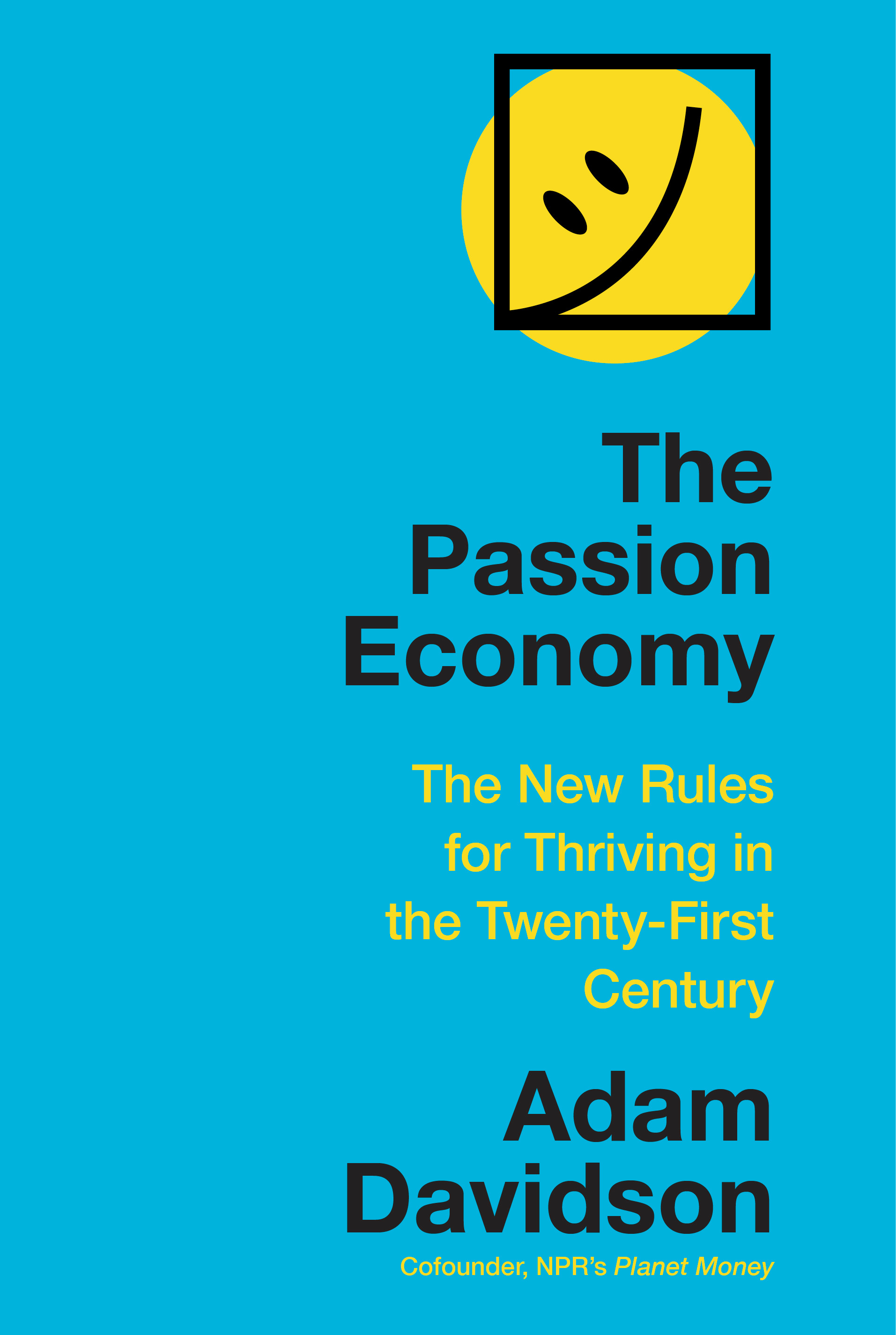To thrive in the twenty-first century, combine the best of the nineteenth century with the best of the twenty-first.
Identify the set of things that you love to do and that you do well. You don’t need to be the best in the world at something. People often succeed because they have a set of various skills that don’t normally go together.
It may be obvious, in an instant, what your particular passion and set of abilities are. Are you great at making vegan food for a crowd? Passionate about finding no-longer-manufactured auto parts? Love to take photos of homes? There is an infinite number of these passion + ability pursuits. You might need to take time and do some soul-searching and experimentation to identify yours. I didn’t learn about mine until I was in my thirties. That special set of skills may not be obvious or something that everyone around you sees. It can be something small—an odd interest or combination of interests, a little voice with a hunch that you can barely hear. The identification of your unique passion is the single most crucial and, often, the hardest part of embracing the Passion Economy. It might be something you make, it might be a kind of service you excel at, or it might be a way to further excel as an employee in a field in which you already work.
Match your passion to the people who most want it. When you have identified that specific passion and set of skills you can offer, you can easily find the people who most want it. They are already self-identified in groups. You may find them through trade magazines or trade groups, online message boards or Instagram accounts. I will give you lots of examples of people turning their passions into profitable businesses and employment. As you’ll see, you may need to get creative and experimental and be willing to reach out to a lot of people—who might, at first, seem uninterested in whatever it is you have to offer. But once you put your passions and abilities together with the right kind of customers, you’ll be amazed by how easy it can be to carve out a profitable niche in this economy.
Once you have those customers (or colleagues), the next step is to listen very closely to their feedback—as well as feedback from those who choose not to be your customers. We no longer live in a “one size fits all” economy. It’s imperative that you constantly hone your products and your skills in response to your customers’ needs.
Listening and matching are both closely related and also sometimes at odds. If you find yourself listening to customers who aren’t right for you and trying desperately to adjust your offering to fit their needs, you are wasting your time and skills. Instead, you should seek other customers, those who are far better matches and whose feedback will help move your business forward or strengthen it. On the other hand, you don’t want to spend all your time seeking a perfect customer match without realizing that it would be better to listen to the near matches, adjust your offering, and make the sale.

Excerpted from THE PASSION ECONOMY by Adam Davidson. Copyright © 2020 by Adam Davidson. Excerpted by permission of Alfred A. Knopf, a division of Penguin Random House LLC. All rights reserved. No part of this excerpt may be reproduced or reprinted without permission in writing from the publisher.
Follow us here and subscribe here for all the latest news on how you can keep Thriving.
Stay up to date or catch-up on all our podcasts with Arianna Huffington here.


